|
Down a dusty side street on the outskirts of Myitkyina in Kachin State, the "clack-clack" of wooden looms can be heard in the distance. Drawing closer, in a compound fenced with bamboo, a modest house with walls of woven bamboo slats and a zinc roof sits on concrete stilts. It is home to Ja Dwal Weaving. In the space beneath the house are five traditional wooden looms. Built of hardwood and bamboo, worn smooth in places by the work of human hands, they resemble complex, beautiful musical instruments. Beside the looms, a bicycle has been cut in half and converted into a spinning wheel, complete with chain and pedals. At each loom sits a woman, perched on a wooden bench. With concentration and practiced movements, they shepherd a dizzyingly complex array of intertwined threads, the warp and the weft, into complex patterns. They are weaving “htamein”, a type of Burmese sarong worn by women. The owner of this business, Ja Dwal, is a 28-year-old Kachin woman. In 2015, she crossed the border unofficially from Kachin State, Myanmar, into Yunnan Province, China, looking for work. Since the breakdown of a ceasefire in 2011, Kachin State has been locked in conflict between the Myanmar Army and ethnic armed organizations. The conflict has killed thousands and displaced tens of thousands. With few job opportunities at home, thousands of women like Ja Dwal make this precarious journey each year in search of employment so that they can support their families and build a better life. In Yunnan Province, Ja Dwal found work in a factory making Christmas decorations. The work was hard - 13 hours a day, seven days a week – but she could earn 2,000-3,000 yuan per month (c. US$ 280–430 at the time of writing) to send back to her family. Soon after she started the job, a fight broke out among a group of workers. The police were called and they arrested all the undocumented workers in the factory, including Ja Dwal. She spent three months in jail. Eventually, she was released and traveled back to Myitkyina. On her return, she decided to set up a weaving business. She had learned to weave some years before and was able to purchase some second-hand wooden looms to launch the business. Ja Dwal runs her weaving business on a small plot of land owned by her parents. She employs local women, provides them with training, and pays them for every htamein that they weave. Simple htamein can be woven in a single day, but more complex designs can take a week or more to complete. In 2019, with her business having a established a solid reputation in the community, Ja Dwal started looking for ways to scale up. For small business owners in Kachin State like Ja Dwal, taking loans can be risky. Without access to regulated credit, they are vulnerable to loan sharks who charge interest rates that can exceed 20% per month. Many become trapped in a debt spiral from which it can be almost impossible to escape. During this period, Ja Dwal attended an Artisan Toolkit Training organized by CPI in partnership with the Htoi Gender and Development Foundation – a CPI community partner based in Kachin State. The workshop was part of a new CPI initiative, the Sut Jat (“Prosperous Jewel”) Project, to provide training, seed investments and low-interest microloans to support the launch and scale-up of women-led businesses and social enterprises in Kachin State. Through this connection, Ja Dwal decided to apply for a microloan from CPI. In January 2020, she received a 400,000 Myanmar Kyat (MMK) non-repayable seed investment (c. US$ 266 at the time of writing), and a 1,600,000 MMK loan (c. US$ 1,066 at the time of writing) to be repaid over an 18-month period. The loan is subject to an interest rate of 2% per year. However, Ja Dwal can reinvest the interest in training her employees rather than paying to CPI. Ja Dwal is using the seed investment and microloan to expand the floor space at her business so that she can add three more looms. This will enable her to increase production capacity and provide more training and income generation opportunities for women in the community. Once she has repaid the loan she will assess whether she needs to take a new one. If the business is running well and she has good turnover and profits, she doesn't think she will take another loan.
Ja Dwal is one example of the female artisans and entrepreneurs that CPI seeks to support through the Sut Jat Project. The combination of seed investments, low-interest microloans and training helps women to establish and grow small businesses and social enterprises, and avoid debt traps. These businesses provide crucial employment and income generation opportunities for community women. As a revolving fund, the impact is exponential, with repaid funds cycled back into new microloans. The Sut Jat Project is funded through CPI's core fund. Comments are closed.
|
AuthorCPI Admin Archives
July 2024
Categories
All
|
|
|
COMMUNITY PARTNERS INTERNATIONAL
580 California St Fl 16, Ste 1658, San Francisco, CA 94104-1068, USA [email protected] +1 510 225 9676 We are a registered nonprofit 501(c)(3) Public Charity. TAX ID 94-3375666 |
©
Community Partners International

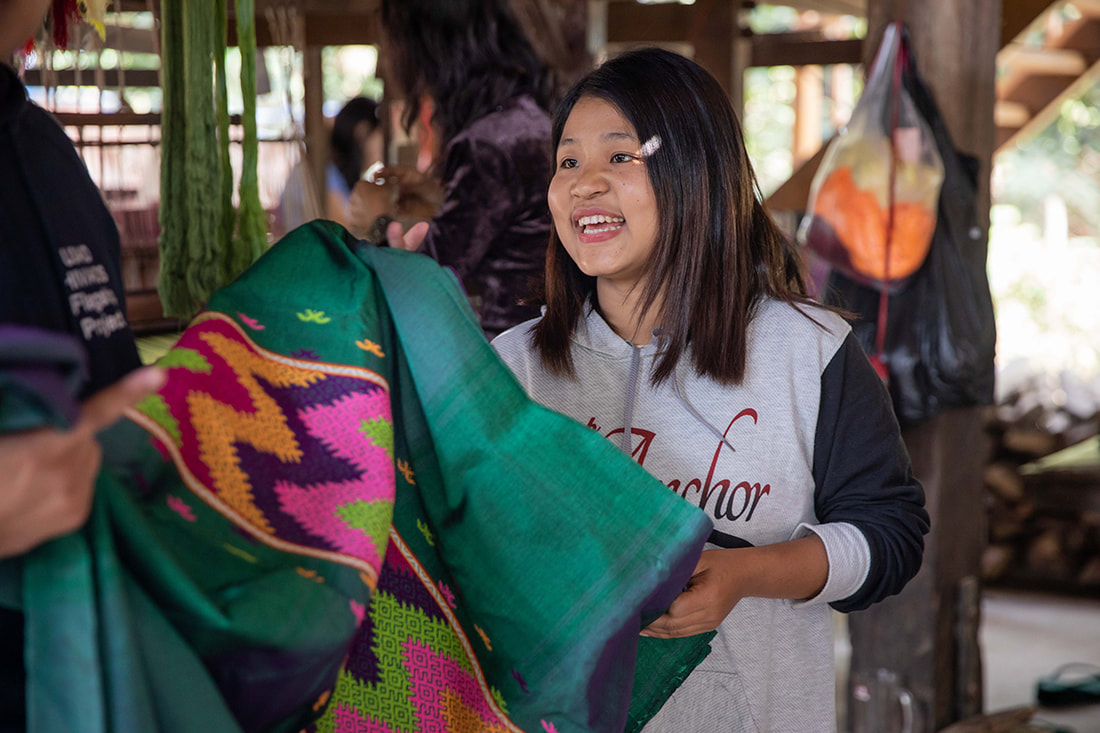
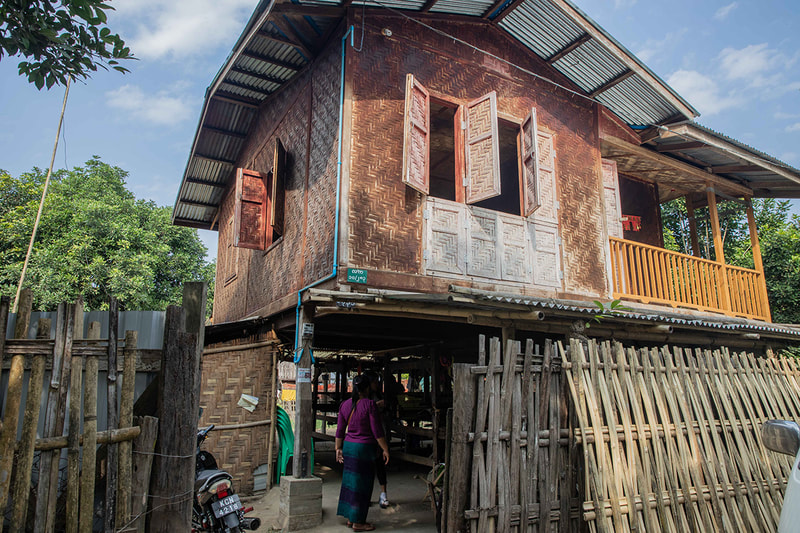
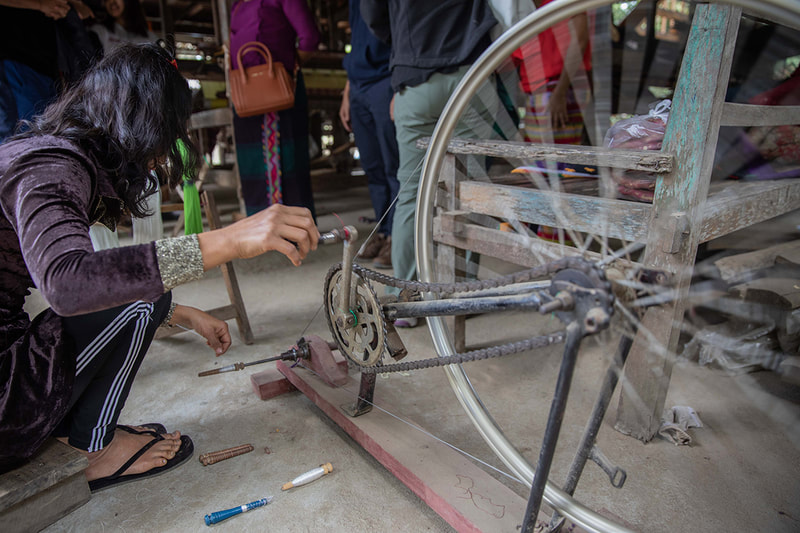
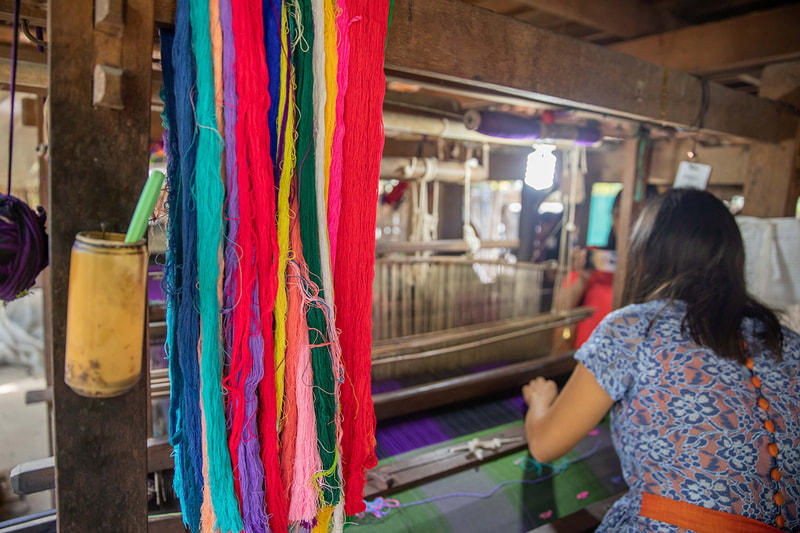
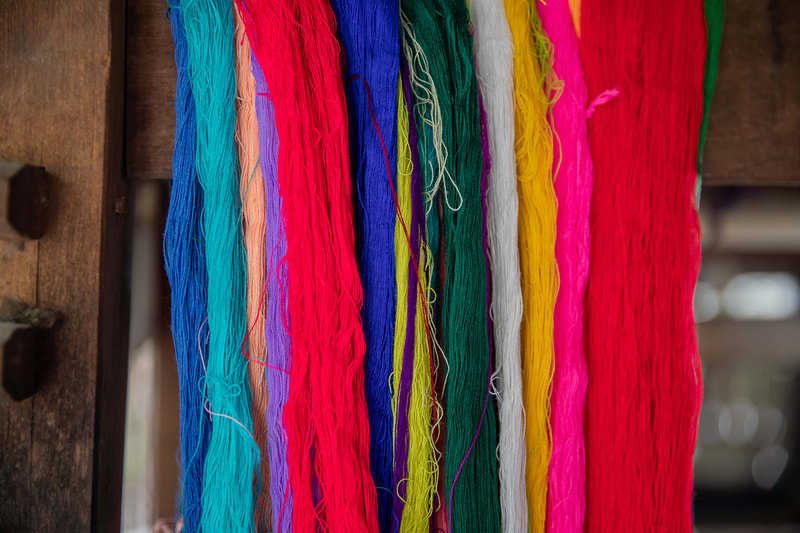
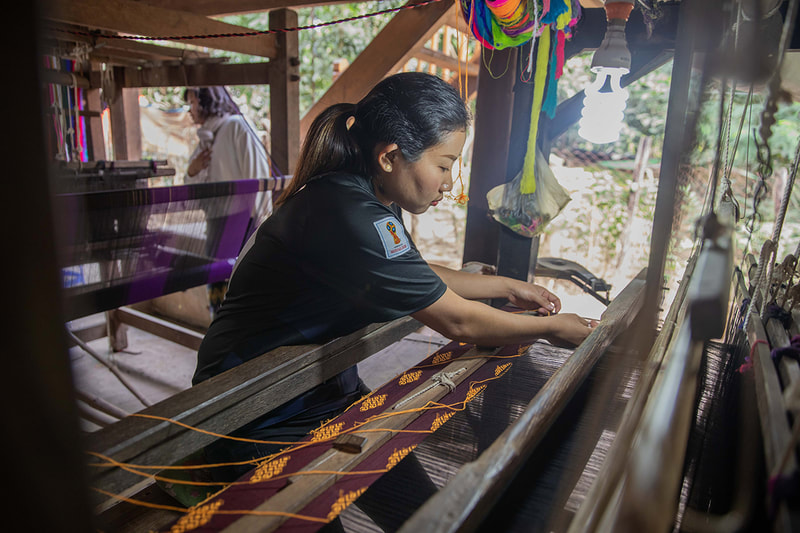
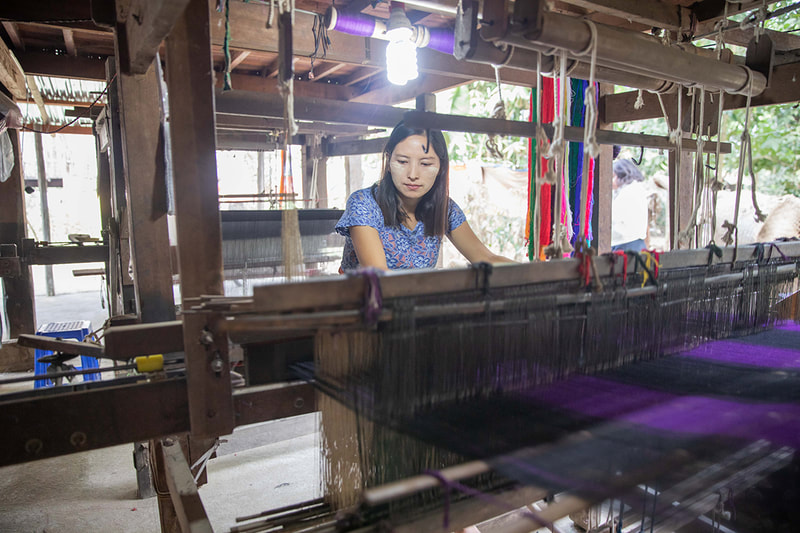
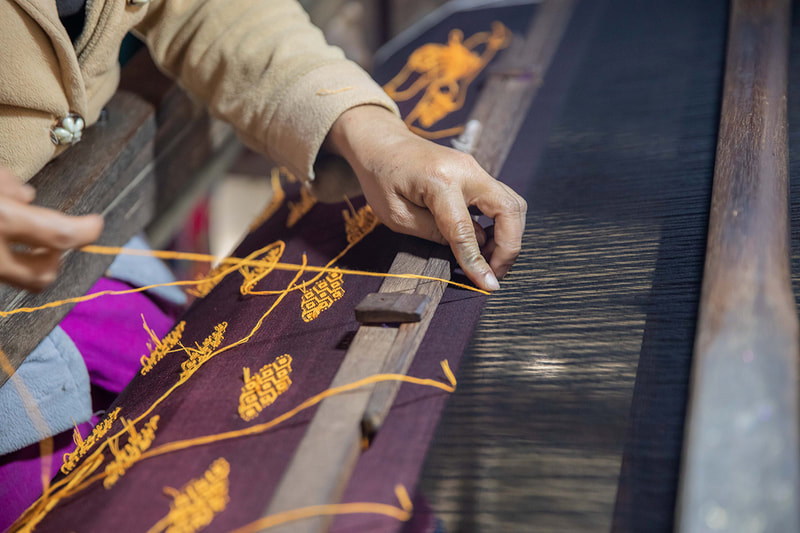
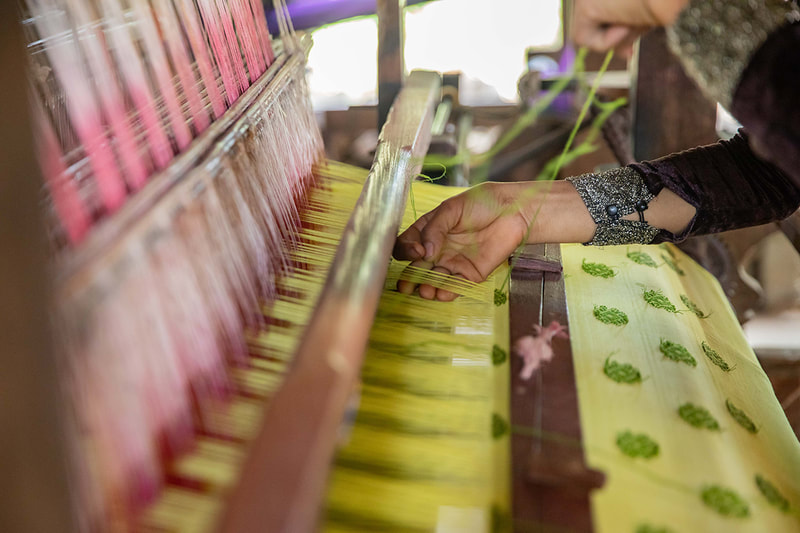
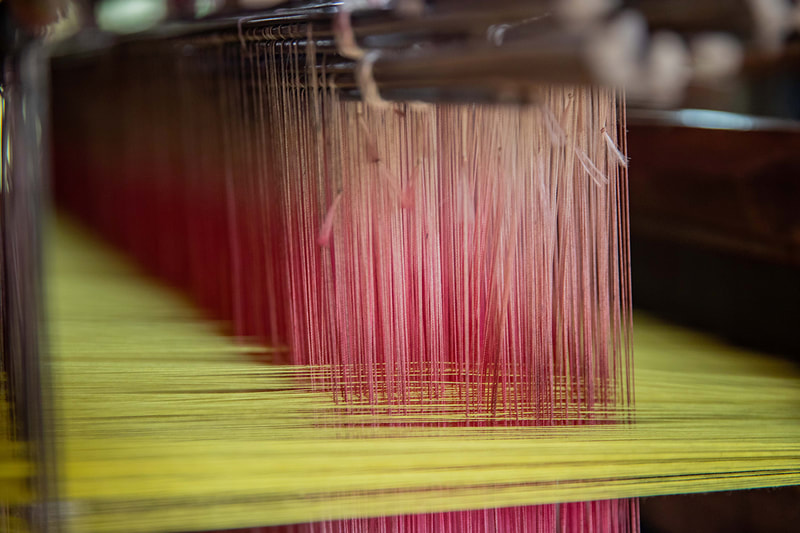
 RSS Feed
RSS Feed
